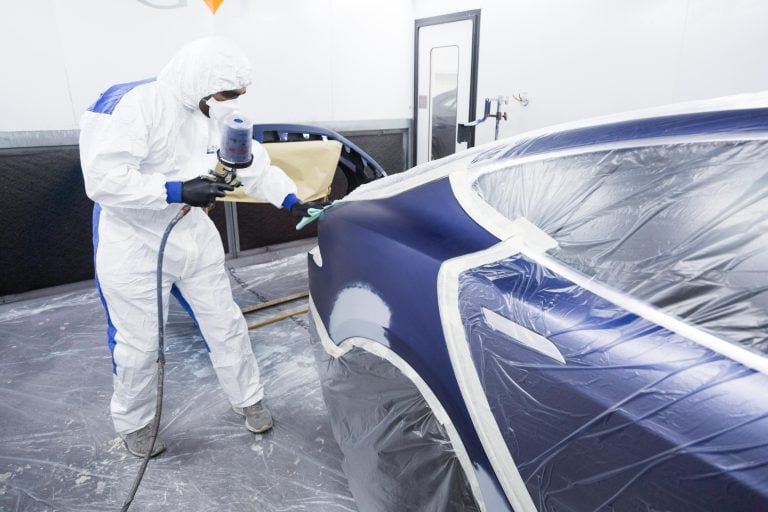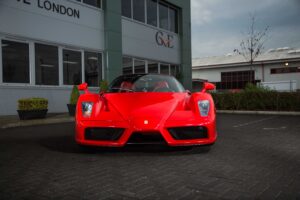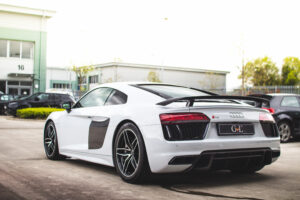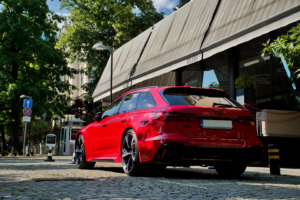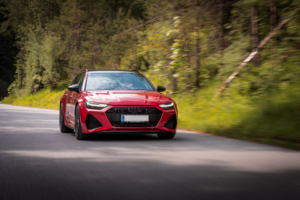- Servicing Case Studies
What To Do When Your Supercar’s Brake Pads Squeal & Make Noise? | GVE London – Blog
Learn how to fix squealing brake pads in your supercar and maintain optimal performance. Discover causes, solutions, and expert tips for safe driving.
Experiencing squealing and noisy brake pads in your supercar can be alarming, as it may indicate underlying issues with your braking system. This unsettling noise could indicate worn-out pads, improper installation, or even debris trapped between the pads and rotors.
Addressing these concerns promptly is crucial for maintaining optimal performance and safety. In this guide, we’ll learn more about the issue of brake pads squealing and making noise Further, we’ll look at how to fix this underlying issue conveniently along with some other brake maintenance tips for your supercar.
Understanding the Problem – Your Supercar’s Brake Pads Squealing & Making Noise
Have you ever been in a situation where you’re driving your supercar and suddenly hear a cackling, squealing noise as soon as you hit the brakes? Even if you regularly visit a supercar service centre like GVE London for the care and maintenance of your vehicle, issues can arise in the brakes, along with brake pads squeals and other noises.
The brakes are an integral part of your vehicle as they allow you to stop your car. An inefficient or poor braking system is dangerous and can cause an accident to happen.
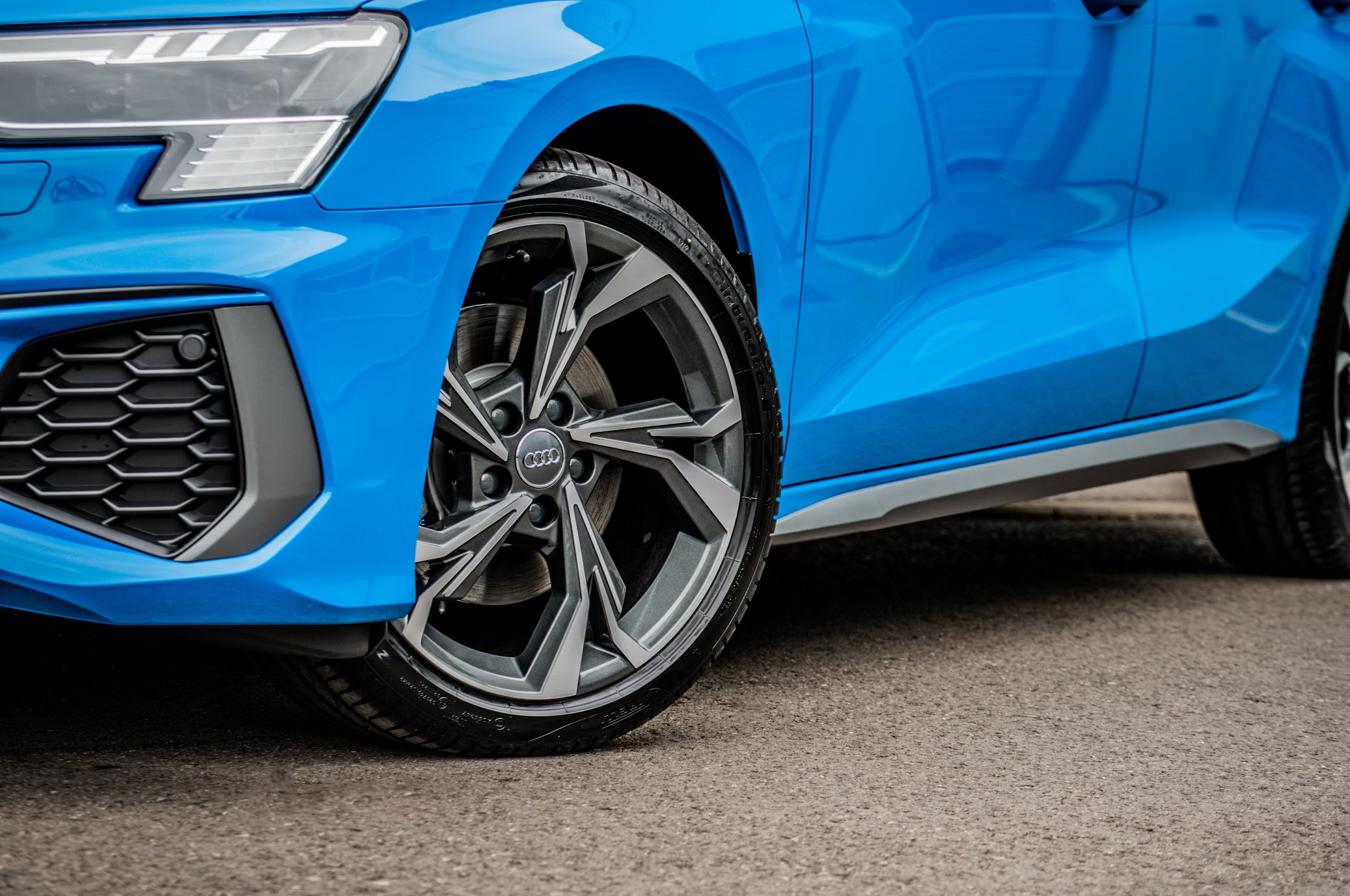
The following are some possible reasons behind the brake pads making squealing noises –
- Worn-Out Brake Pads: Over time, brake pads wear down and may produce squealing or grinding noises.
- Glazed Pads: Heat buildup can cause brake pads to glaze, leading to a squealing sound.
- Dust and Debris: Foreign particles trapped between the brake pads and rotors can cause noise.
- Rust on Rotors: Surface rust on brake rotors can result in noise until it wears off.
- Incorrect Installation: Improperly installed brake pads or hardware can lead to noise.
- Lack of Lubrication: Insufficient lubrication on calliper contact points can cause squeaking.
- Metallic Content: Pads with high metallic content can create noise due to their composition.
- Warped Rotors: Unevenly worn or warped rotors can lead to pulsation and noise.
Read Also: Reason Behind Hissing Noise on the Maserati Levante
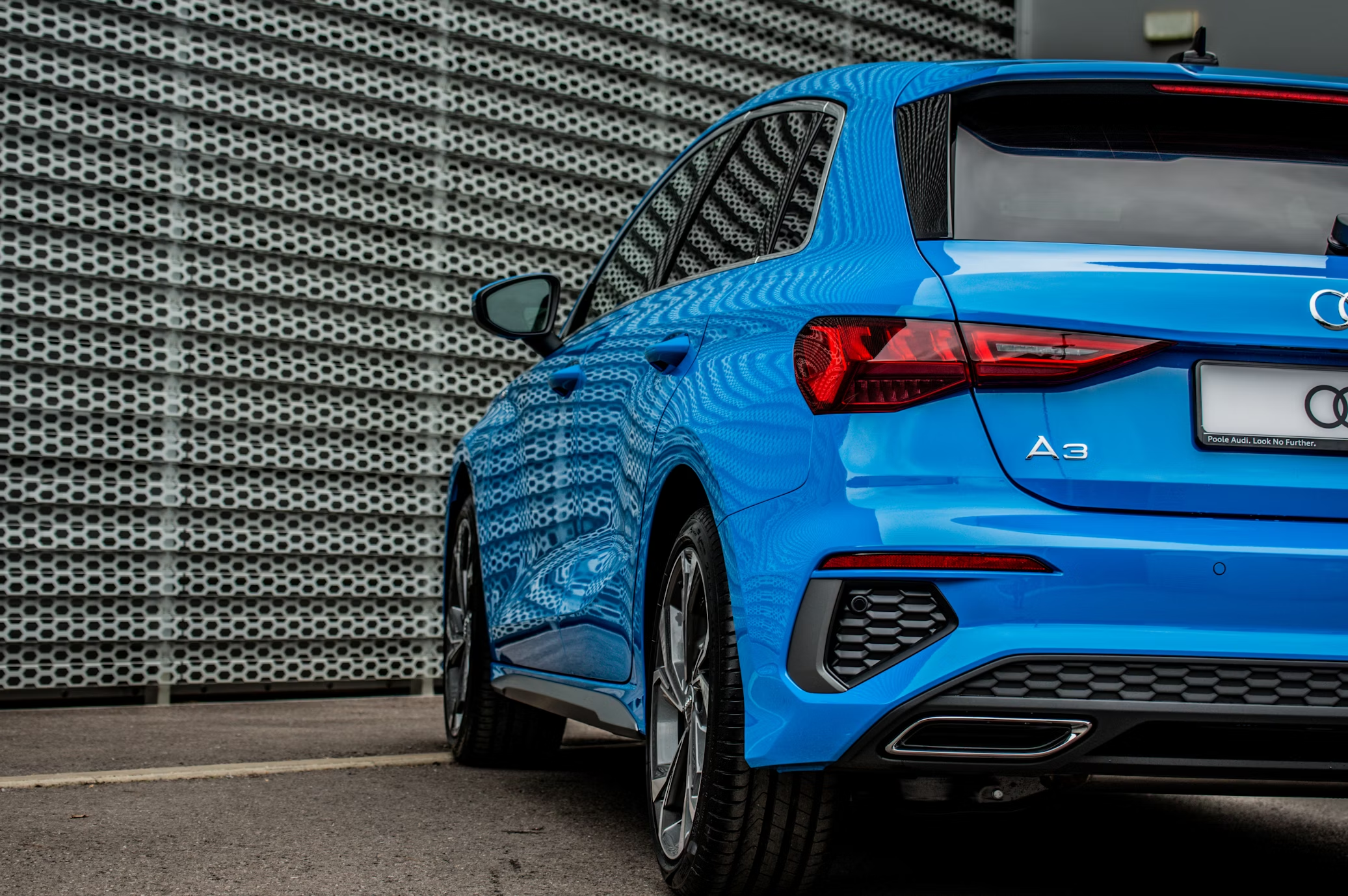
Solution – What To Do When Your Supercar’s Brake Pads Squeal & Make Noise
If you ever get into a situation where you hear your supercar’s brake pads squealing or making any other unwanted noises this may be because of the negligence of regular supercar servicing and you need to take action quickly. Here is what you can do to fix this issue and stop the noise from coming –
- Step 1 – Find an empty road and drive the car at 30 miles an hour. Come to a complete stop and let the brakes cool down. Repeat this process at least 10 times.
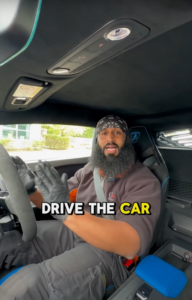
- Step 2 – Drive the car at 45 miles an hour now. When the car comes to a complete stop, let the brakes cool down again. You must repeat the process 5 times.
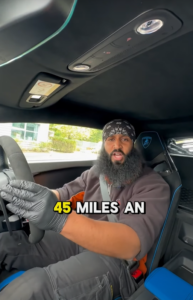
- Step 3 – Drive the car at 60 miles an hour now and come to a complete stop. Make sure to hit a firm brake and repeat the process 3 times. Let the brakes cool down and start driving your supercar normally after that.
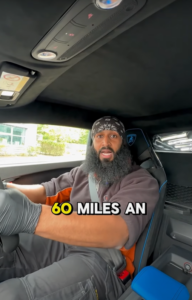
If the brakes don’t squeal anymore, you’ve saved a lot of money. Otherwise, if the squealing or noises don’t stop, it means that the brakes have cracks or stone chips in them. Also, the brake pads may have fully faded away, which is dangerous.
Conclusion
Addressing squealing brake pads promptly is essential for supercar maintenance and your supercar’s performance and safety. By following the steps outlined and monitoring the issue, you can potentially resolve minor problems yourself.
However, persistent noise may indicate deeper issues, requiring professional inspection at a supercar service centre like GVE London. You also get repairs, detailing, wrapping, custom modifications, etc. for your supercar here.
Frequently Asked Questions
Squealing brake pads can indicate several issues, including worn-out pads, glazed surfaces, debris between pads and rotors, or rust on rotors. It’s important to diagnose the exact cause to address it effectively.
If the noise persists despite performing the cooling-down steps, or if you notice other symptoms like reduced braking performance, it’s time to consult a professional. Persistent noise could indicate serious issues like cracked pads or warped rotors.
For optimal performance and safety, have your supercar’s brakes inspected at least once a year or every 10,000 to 15,000 miles. Regular maintenance helps identify and address issues before they become serious.
Contact Us
"*" indicates required fields
OUR SERVICES
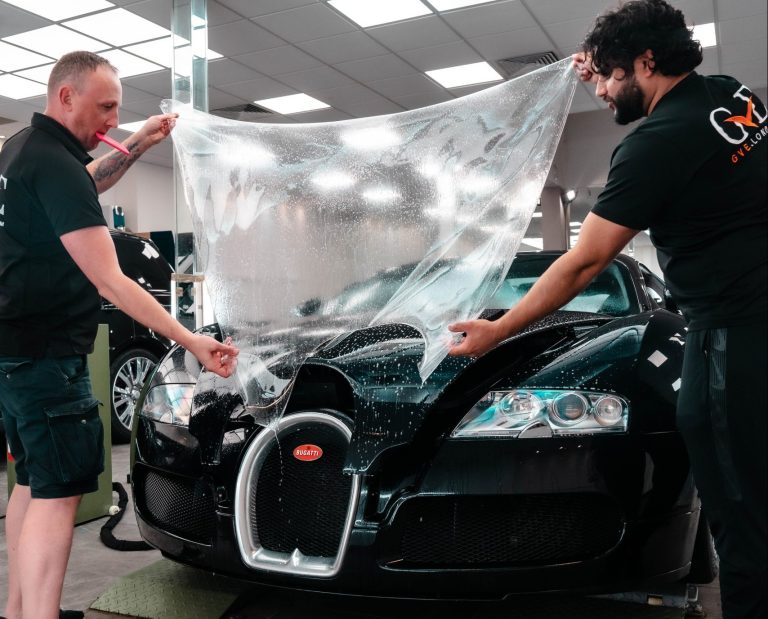
PAINT PROTECTION FILM
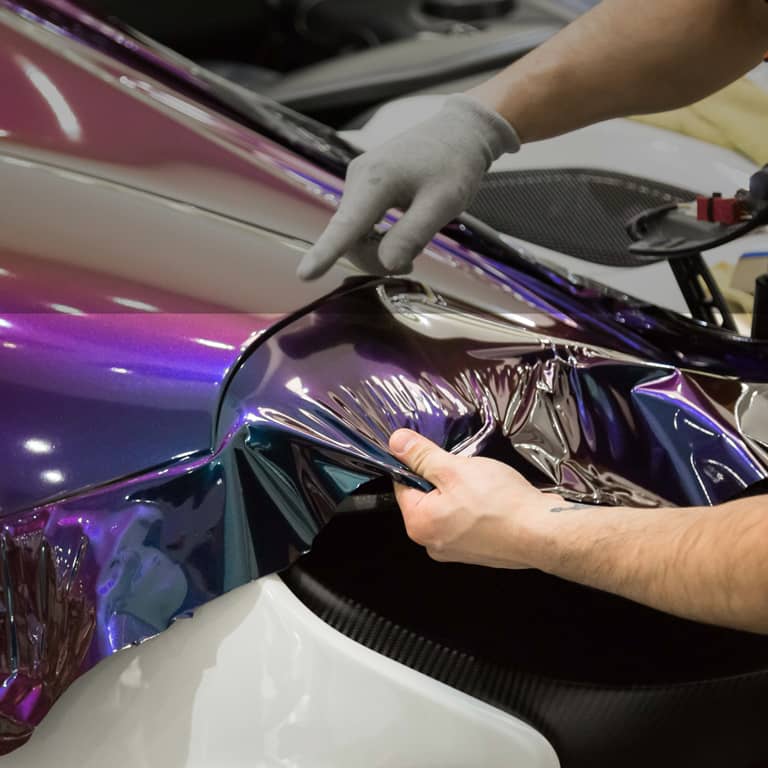
WRAPPING
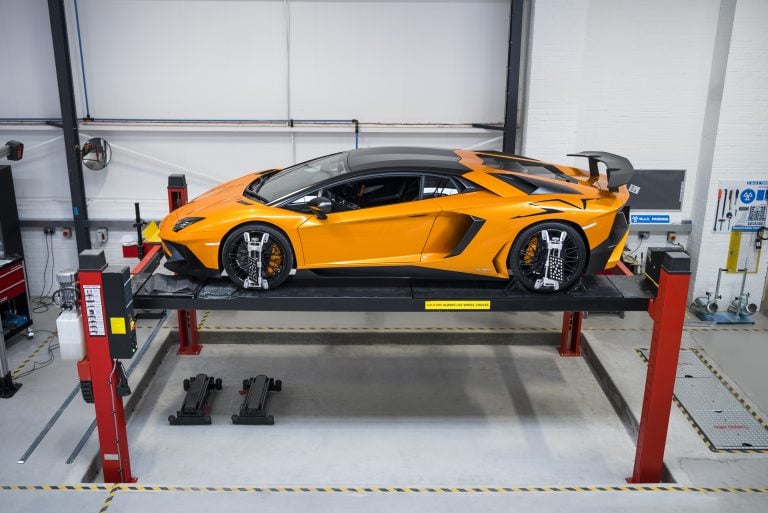
SERVICING
